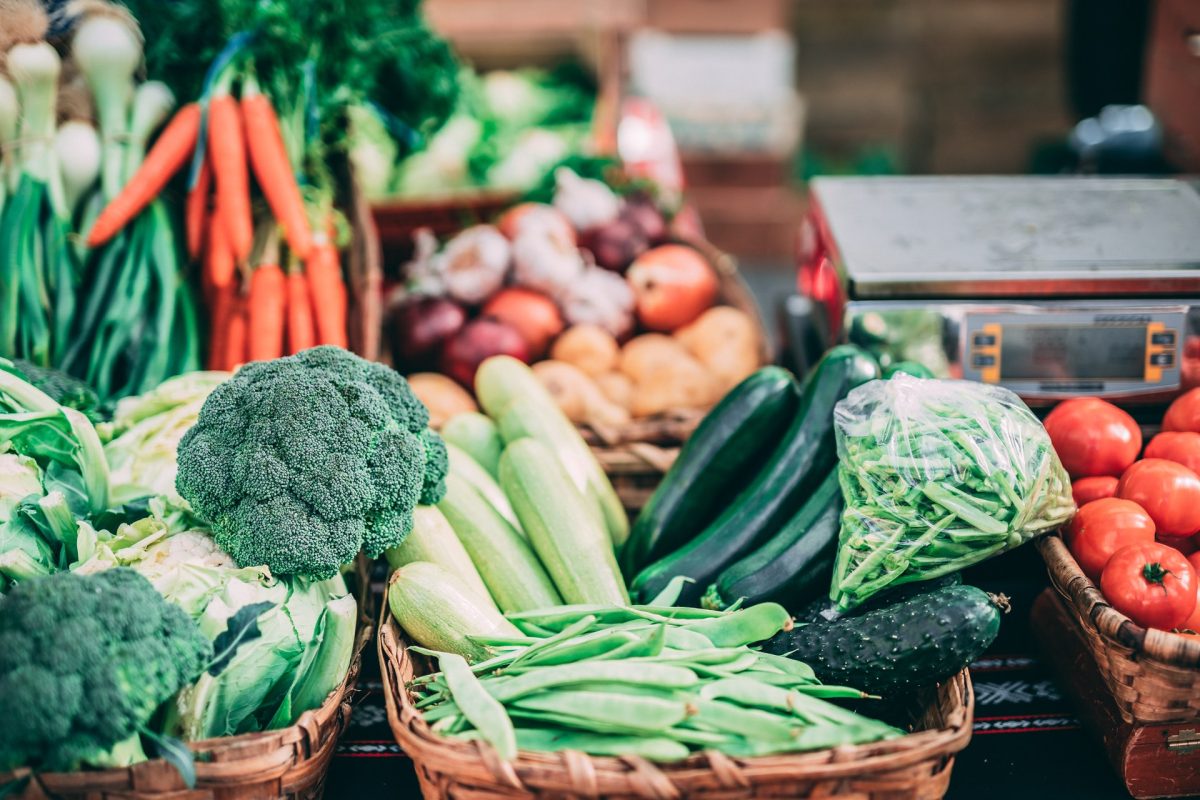When you’re just starting out switching your baby over from formula or breast milk to baby food — or even if you’re past that point and you’re already introducing baby to solid food — you can sometimes run into a big issue. Occasionally, just like with toddlers, adolescent kids, and even adults, your baby won’t eat vegetables.
If you’re dealing with a newborn just being introduced to baby food, this can be puzzling. You stand in the kitchen and find yourself shaking your head, wondering, “If my baby doesn’t like baby food, what exactly am I supposed to feed them?”
Don’t worry. With a few tricks, you can easily convince your baby to eat their veggies and instill healthy eating habits that will last into toddlerhood, adolescence, and even adulthood. Here’s why your child might be resisting their veggies and what to do about it.
You’re not providing enough variety

During your child’s first year, they need a variety of nutrients. Protein helps them grow and build strong muscles and immune systems. Omega-3’s and iron help with brain development. The whole alphabet of vitamins protects your child’s overall health.
When you’re not providing your child with a variety of baby foods, you’re not ensuring that they’ll get the full range of needed nutrients, but you’re also making it more likely that they’ll grow bored with food and begin turning it away.
Just like adults, babies like a little variety in their diets. So, if you’ve gone past the cereal stage and moved on to jarred or homemade baby food, ensure that you’re mixing things up regularly. After all, you wouldn’t want the same meal every day, either.
You’re going too strong, too fast
Some vegetables have more potent tastes than others, and babies are human. They’ll turn away from the super-strong, unusual tastes and go right for the sweet and sugary (you’ve probably noticed that your baby doesn’t have too many aversions to fruit). So, try to start them out slow, with vegetables that are more on the friendlier, sweeter side (like sweet potatoes), and then move them on to vegetables with stronger flavors, like spinach or broccoli.
You’re not persistent enough
Sometimes it is just a matter of trying and trying again. Your baby’s palate will evolve over time, so if you tried out a certain vegetable early on in feeding and it didn’t work out, give it a few weeks or a month and then give it another try. You never know when your baby will surprise you and start reaching for the peas that they once loathed. But don’t waste that baby food that your child is turning down; you can save it for later with a handy baby food freezing tray.
You’re pushing it
If anything is true with kids, it often backfires when you try to force something. So, if your child is getting fussy when it’s time to eat their greens, take a few steps back and stop shoving that spoon in their face. Let them try it out for themselves.
Yes, you may end up with a mess on the floor as they fling baby food far and wide. But you may also find that they get a few bites in as well and that they actually seem to enjoy them.
You’re not providing enough flavor

If your child isn’t caring for the jarred baby food that you’re finding on the store shelves, try making some baby food at home. It’s way easier than it looks. Grab a baby food cookbook and a baby food blender (or use the one you already have at home) and give it a try. You might find that your baby is more receptive to food that is fresh, roasted in the oven, slightly seasoned with baby-safe spices, and more similar to what you’re enjoying on your own dinner plate.
You’re holding out
One big mistake you can make when it comes to introducing your baby to vegetables? Putting it off.
Don’t let that first grossed-out look they give you deter you from incorporating veggies into your baby’s diet. Make it a priority to ensure that your baby is getting all of the nutrients they need from as natural, healthful sources as possible.
You can do it—we promise
While encouraging your child to develop a well-rounded palate is certainly not an easy task, it is one that you can overcome if you avoid the mistakes above. And remember — children are more likely to enjoy something that they see their parents enjoying, so make sure you’re getting your vegetables, too.


